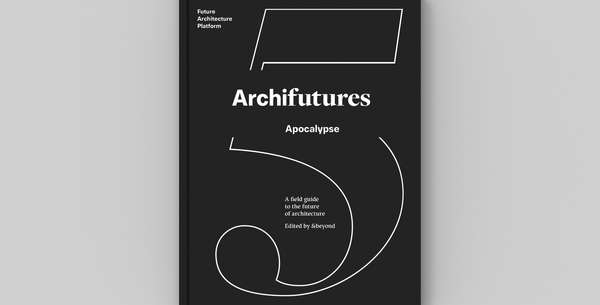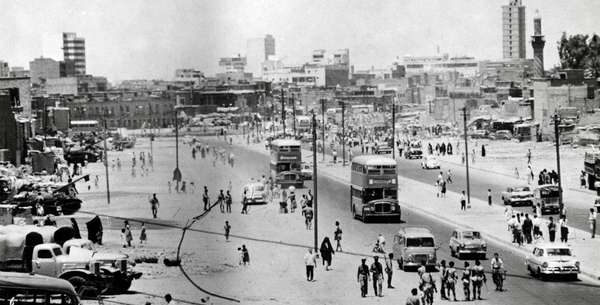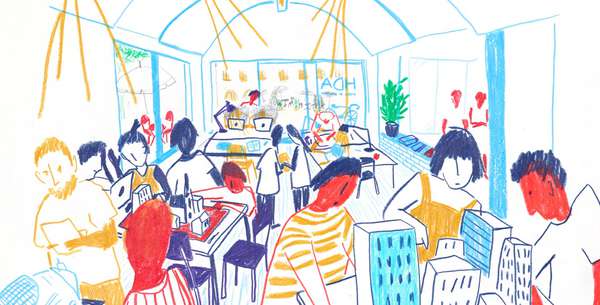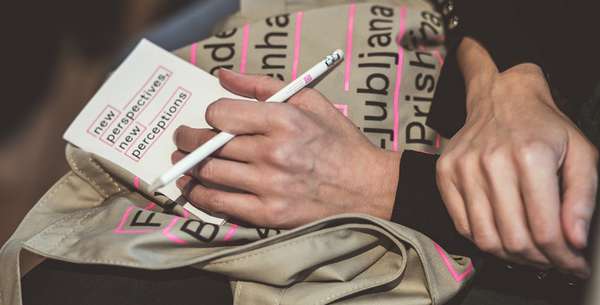Idea by
Akil Scafe-Smith, Gameli Ladzekpo, Seth Scafe-Smith, Vishnu Jayarajan
RESOLVE
http://www.resolvecollective.com
Call for ideas 2018
If These Walls Could Talk
If These Walls Could Talk
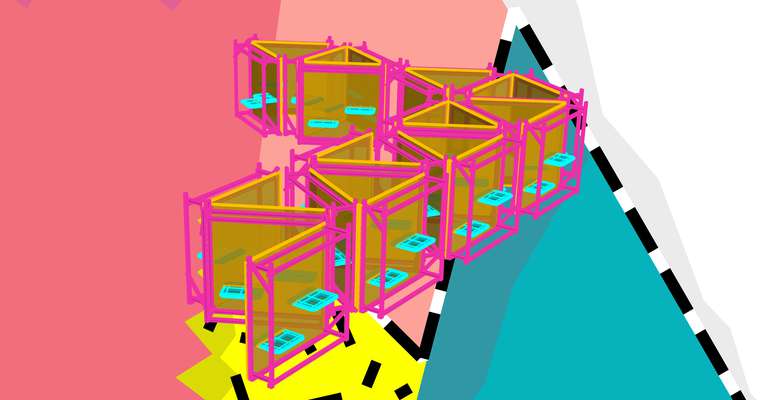
Walls, as fundamental architectural elements, have long been archetypes of separation. They divide our homes, our cities and nations. They are pervasive, just as physical as they are metaphorical, and seemingly entrenched in our coexistence. Today, with most of Earth’s population in cities and closer together than ever, separation, exclusion, and marginalization are some of our most pressing social and architectural issues. Addressing this, our project reimagines the wall as a concept that brings us together. This vision demands a radical methodological shift in practice: to build by deconstruction. By this, deconstruction is not the destruction of the walls that perforate our social fabrics, but an excavation of the processes that lead to their divisiveness. It posits a future of architecture where debate, collaboration and inclusion are integral to how we design, and where changes in process, people and perspective can reveal collective senses of fairness, community, and belonging.
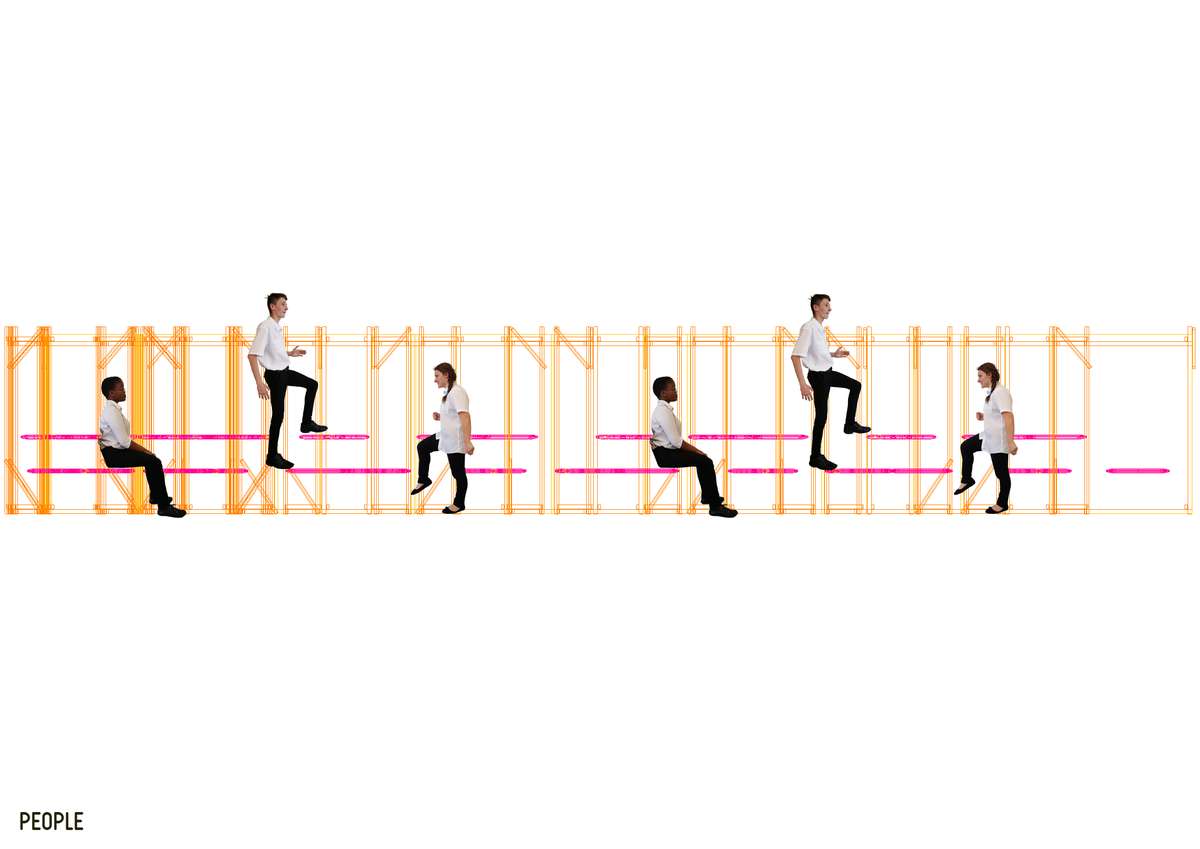
PEOPLE: Redefining a topos of separation as ubiquitous as the ‘wall’ is a challenge that simultaneously redefines otherwise widely accepted dichotomies in architecture of the ‘architect’ and ‘client’. Questioning how a wall might include rather than exclude, inevitably also asks who walls might include and exclude and who builds walls to exclude or include.
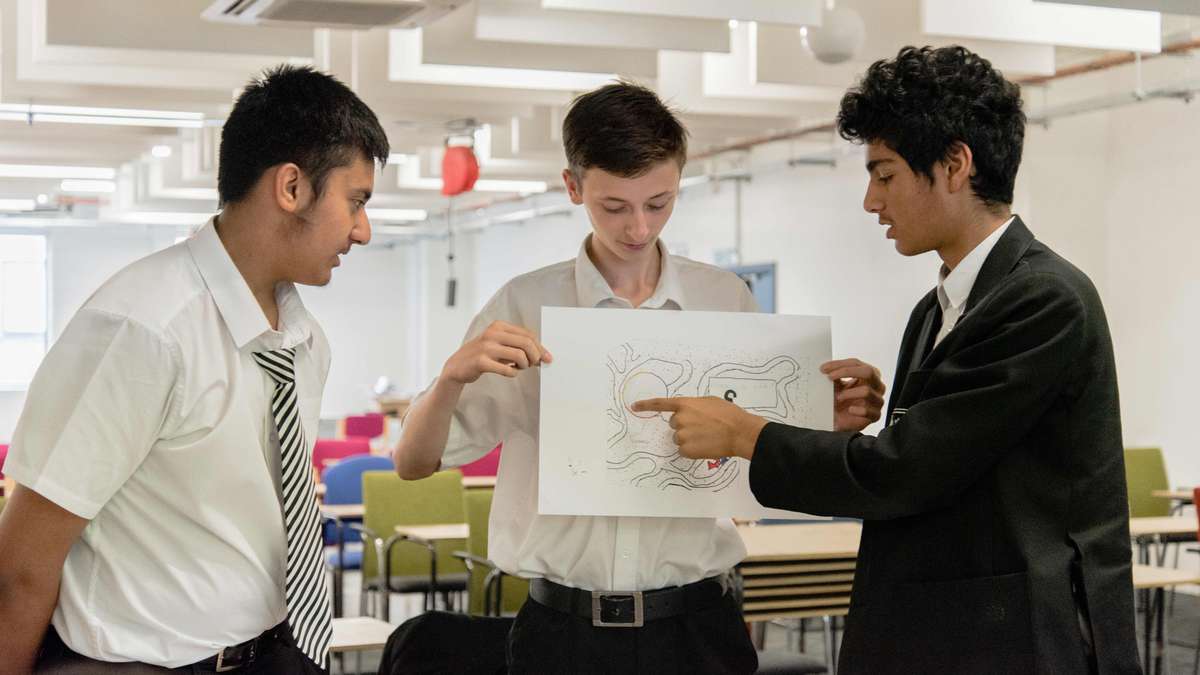
PROCESSES: Building often leads to division when the process is not collaborative and architectures tend to separate most effectively when they work towards the values of the least amount of people: the walls, borders and lines that have divided cities in the past and still divide many today are rarely decided upon, built or perpetuated by their inhabitants. Our vision determines the process of building (walls) a fundamentally collaborative one.
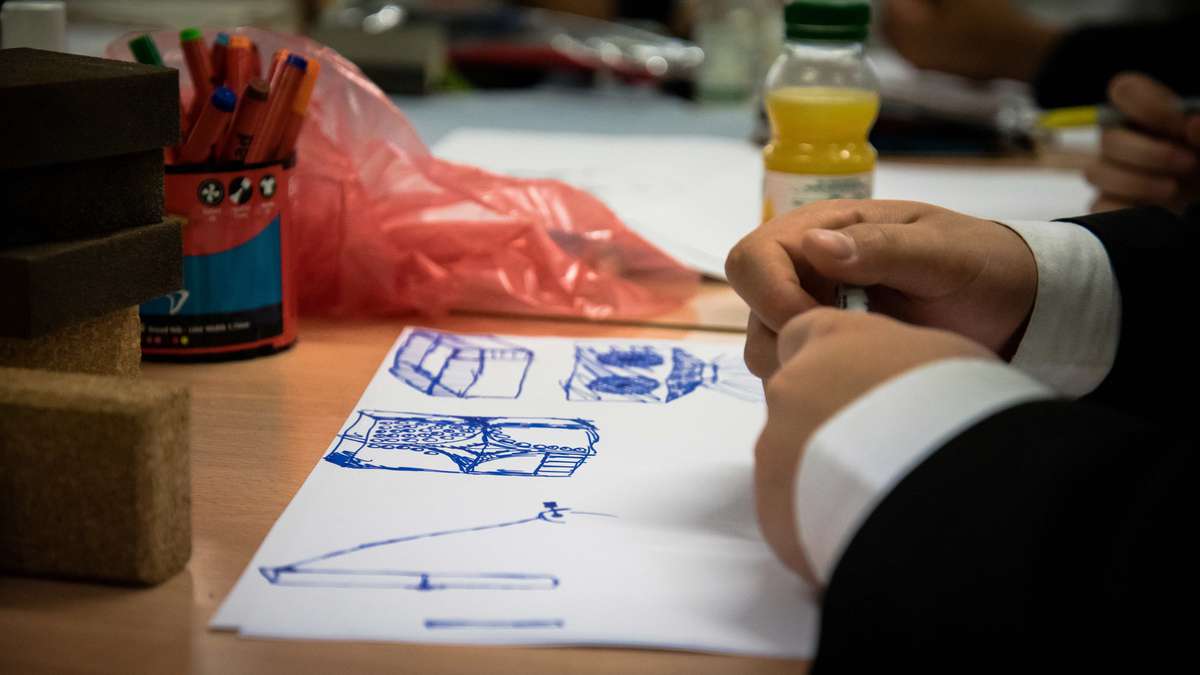
PERSPECTIVE: Considering the perspectives of a multitude of different people in the creation of space not only offers a vision of future that attests to our traditional and scientific senses, but one that also explores our sense of fairness, sense of community, sense of humour and even sense of belonging. How do these walls not only look, sound and feel but make us look, sound and feel? And if these walls could talk, what would they say?
If These Walls Could Talk
If These Walls Could Talk

Walls, as fundamental architectural elements, have long been archetypes of separation. They divide our homes, our cities and nations. They are pervasive, just as physical as they are metaphorical, and seemingly entrenched in our coexistence. Today, with most of Earth’s population in cities and closer together than ever, separation, exclusion, and marginalization are some of our most pressing social and architectural issues. Addressing this, our project reimagines the wall as a concept that brings us together. This vision demands a radical methodological shift in practice: to build by deconstruction. By this, deconstruction is not the destruction of the walls that perforate our social fabrics, but an excavation of the processes that lead to their divisiveness. It posits a future of architecture where debate, collaboration and inclusion are integral to how we design, and where changes in process, people and perspective can reveal collective senses of fairness, community, and belonging.
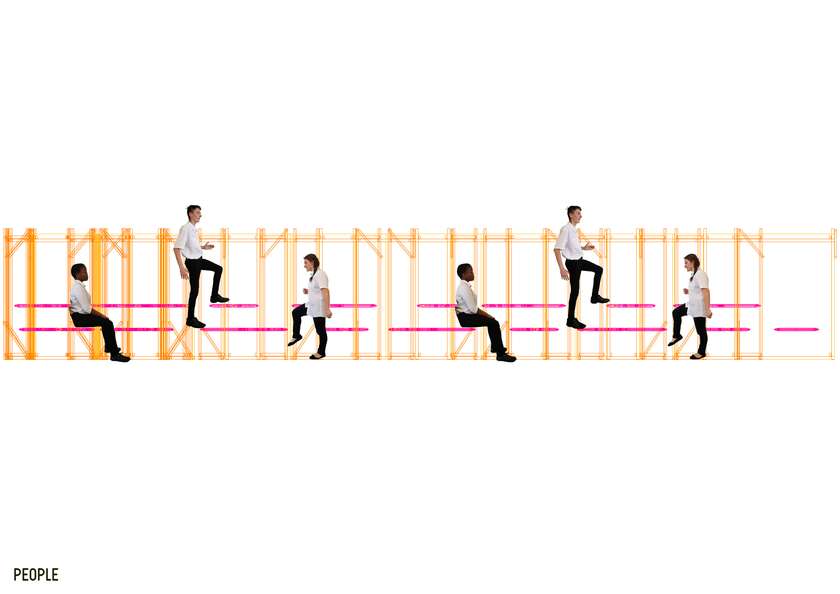
PEOPLE: Redefining a topos of separation as ubiquitous as the ‘wall’ is a challenge that simultaneously redefines otherwise widely accepted dichotomies in architecture of the ‘architect’ and ‘client’. Questioning how a wall might include rather than exclude, inevitably also asks who walls might include and exclude and who builds walls to exclude or include.
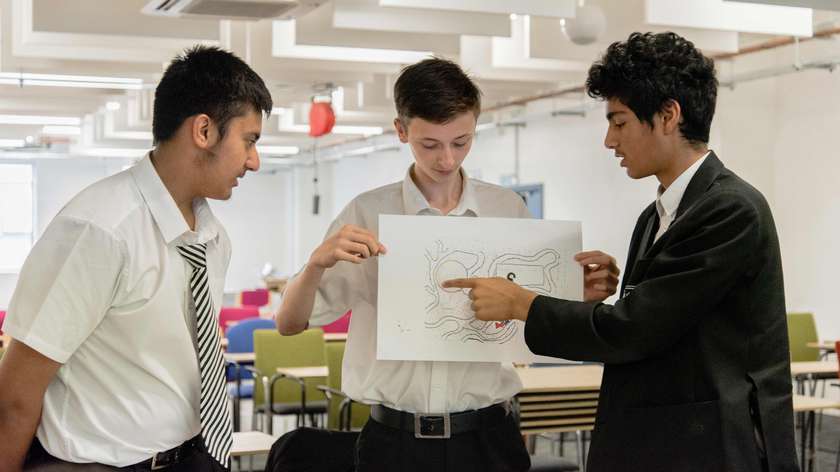
PROCESSES: Building often leads to division when the process is not collaborative and architectures tend to separate most effectively when they work towards the values of the least amount of people: the walls, borders and lines that have divided cities in the past and still divide many today are rarely decided upon, built or perpetuated by their inhabitants. Our vision determines the process of building (walls) a fundamentally collaborative one.
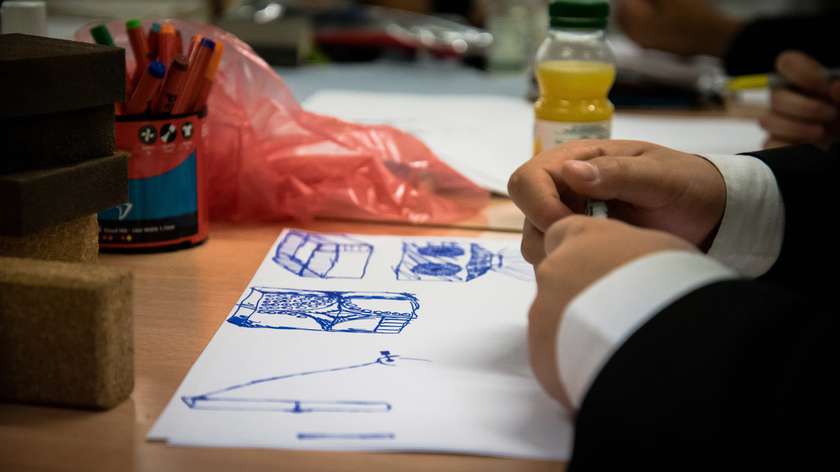
PERSPECTIVE: Considering the perspectives of a multitude of different people in the creation of space not only offers a vision of future that attests to our traditional and scientific senses, but one that also explores our sense of fairness, sense of community, sense of humour and even sense of belonging. How do these walls not only look, sound and feel but make us look, sound and feel? And if these walls could talk, what would they say?
